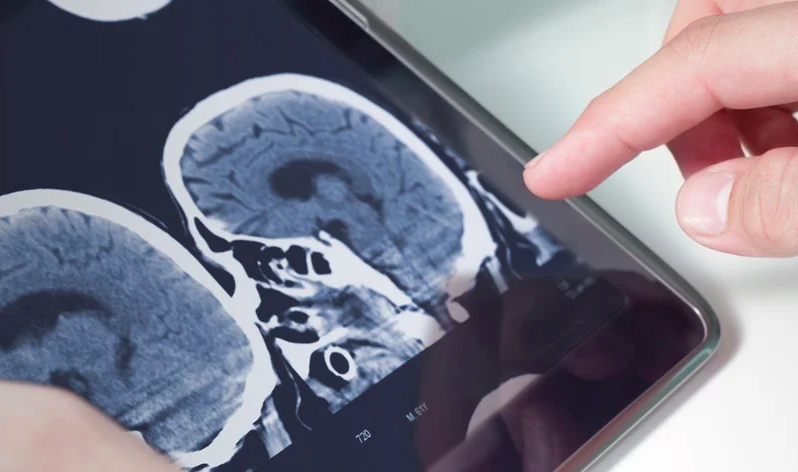Radiology – Integrated Training Initiative (R-ITI) | Paediatrics | Neonatal Respiratory Distress: Complications



Neonatal Respiratory Distress: Complications
Session Overview
Description
This session discusses the range of complications that present in neonatal respiratory distress.
Learning Objectives
By the end of this session you will be able to:
- Describe the appearances of the complications of the disease processes that cause neonatal respiratory distress
Prerequisites
Before commencing this session you should have:
- Detailed knowledge of normal neonatal chest radiograph (CXR) appearances
- Familiarity with the clinical conditions that occur in neonates
- Completed the sessions in Module 5 Paediatrics:
- How to interpret the Paediatric Chest X-ray (300-0441)
- Neonatal Respiratory Distress: Medical Conditions (300-0443)
- Neonatal Respiratory Distress: Surgical Conditions (300-0444)
This session will discuss the variety of complications that present with neonatal respiratory distress.
- Acute Medicine | Infectious diseases | Differentia...
- Posted By eIntegrity Healthcare e-Learning
- Posted Date: 2024-11-20
- Location:Online
- This session considers the causes of fever and discusses differentials of fever in adults. It also considers causes of pyrexia of unknown origin.
- Acute Medicine | Infectious diseases | TSS Usual o...
- Posted By eIntegrity Healthcare e-Learning
- Posted Date: 2024-11-20
- Location:Online
- This session discusses toxic shock syndrome its diagnosis and treatment.
- Acute Medicine | Infectious diseases | Severe mala...
- Posted By eIntegrity Healthcare e-Learning
- Posted Date: 2024-11-20
- Location:Online
- This session summarises the diagnostic criteria for severe malaria.
- Acute Medicine | Infectious diseases | Investigati...
- Posted By eIntegrity Healthcare e-Learning
- Posted Date: 2024-11-20
- Location:Online
- This session covers the investigation and management of a patient presenting with dysuria.
- Acute Medicine | Infectious diseases | All about H...
- Posted By eIntegrity Healthcare e-Learning
- Posted Date: 2024-11-20
- Location:Online
- This session describes the pathogenesis, diagnosis and treatment of herpes simplex encephalitis.

